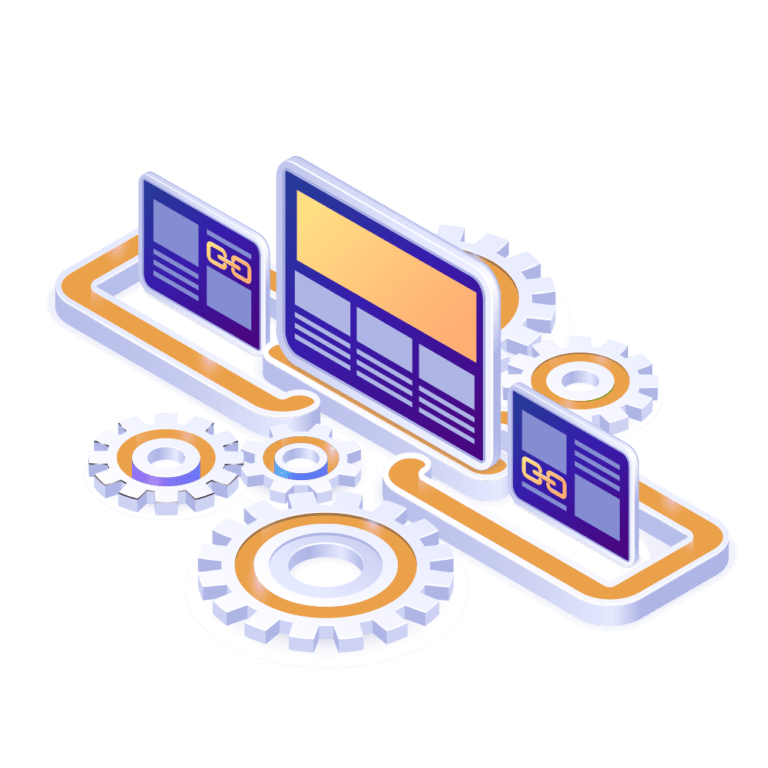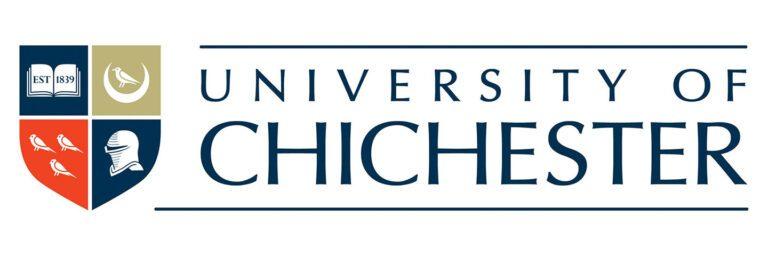Duration
20 Months
Mode
Online
Intakes
September January May
Number of Content
12 Modules + Thesis year
Tuiton
$49,000 you might be eligible
$12,450 with advance payment
$14,950 with installment
Course Overview
Learners will develop their ability to
The aim of the degree in BSc Computer Science is to provide learners the opportunity to acquire a broad range of knowledge and understanding and develop a range of skills essential for a successful career in Engineering field.
There is also the opportunity to progress to a higher-level qualification in law. The suite of degree in this sector will aim to provide the underpinning knowledge of the Computing.
Qualifi Award of L4 & L5 (12 subjects) equal credit toward your degree to BSc
Computer Science top up (dissertation process) at University of Chichester
Learning Outcomes

Provide basics and fundamental knowledge of computer science, including computational logic and mathematical concepts to support a thorough understanding of the discipline and its application
Equip students with the knowledge, skills, and tools to appraise, design, and implement solutions and projects in IT-related contexts, at a professional level

Provide students with essential transferable skills such as independent critical, creative, and strategic thinking, confident decision-making, and analytical skills, as well as teamwork and ethical aspects of their profession, to critically evaluate computer-based solutions and their design
Develop students’ abilities to critically apply knowledge and understanding of topics in computer science to modern applications, such as cutting-edge, emerging and innovative technologies, to offer the best solutions at an organisational and societal level

Provide students with an opportunity to learn valuable technical, hard, and soft skills, including fundamental communication and employability skills, to make them valued professionals in their fields
Demonstrate the necessary skills and knowledge to progress further with their studies, through relevant independent research from a variety of sources
ffer real-life scenarios and an intercultural approach in the teaching and learning of key concepts, theories, and approaches of applied computer science.
Overall
The overall learning objective are
- Understand different perspectives of computing area
- Understand aims and general principles of computer science..
- Understand the principles implementing and documenting solutions to significant computational problems
- Understand & Use scientific reasoning of software systems that requires specific design and performance.
- Understand , describe and effectively Communicate, both orally and in writingessential concepts, principles.
- Interpret, design, conduct, and critique computational research while integrating relevant cultural and sociopolitical variables.
- Engage in innovative and integrative thinking and problem solving

Career Opportunities
Primary areas of employment include
– Software Developer
– UX Designer
– Web Developer
– Mobile App Developer
– IT Project Manager
– Information Security Analyst
– Systems Architect
– AI Engineer
– Computer Hardware Engineer
– Video Game Developer
– Human – Computer Interaction
– Cloud Computing
– Computational Biologist
The Learning Outcomes Of The Diploma Are
The learning outcomes of the diploma are
1- Understand and apply the principles of IT in a range of business environments.
2- Analyse problem solving techniques specific to business and industry.
3- Select, collate, review and analyse information form a wide range of sources.
4- To improve employability of learners by allowing them to explore the relationship between theories and their practical application in the IT world.
Modules
- Computational Thinking (20 credits)
- Mathematics for Computing (20 credits)
- Algorithms and Data Structure (20 credits)
- Basics of Cryptocurrency (20 credits)
- Computer Architecture, Networks and Operating Systems (20 credits)
- Programming Lab (20 credits)
- Technology Management (20 credits)
- Data Science, IoT and Big Data (20 credits)
- Object-oriented Programming and Design (20 credits)
- Software Engineering (20 credits)
- Theory and Application of Artificial Intelligence (20 credits)
- Introduction to Blockchain (20 credits)


Admission Requirement
- Passport or National ID
- Resume or CV
- Personel statement
- Reference letter
- High School/Bachelor Transcript (English Translated)
- English Proficiency-Minimum requirements DUOLINGO 105/160 or IELTS 6.5/9 orTOEFL 80/120 or Cambridge English Placement Test CEPT) 40/50 etc.
Scholarship
Univaf offers a scholarship to all applicants up to %80.
Learn your scholarship eligibility.

